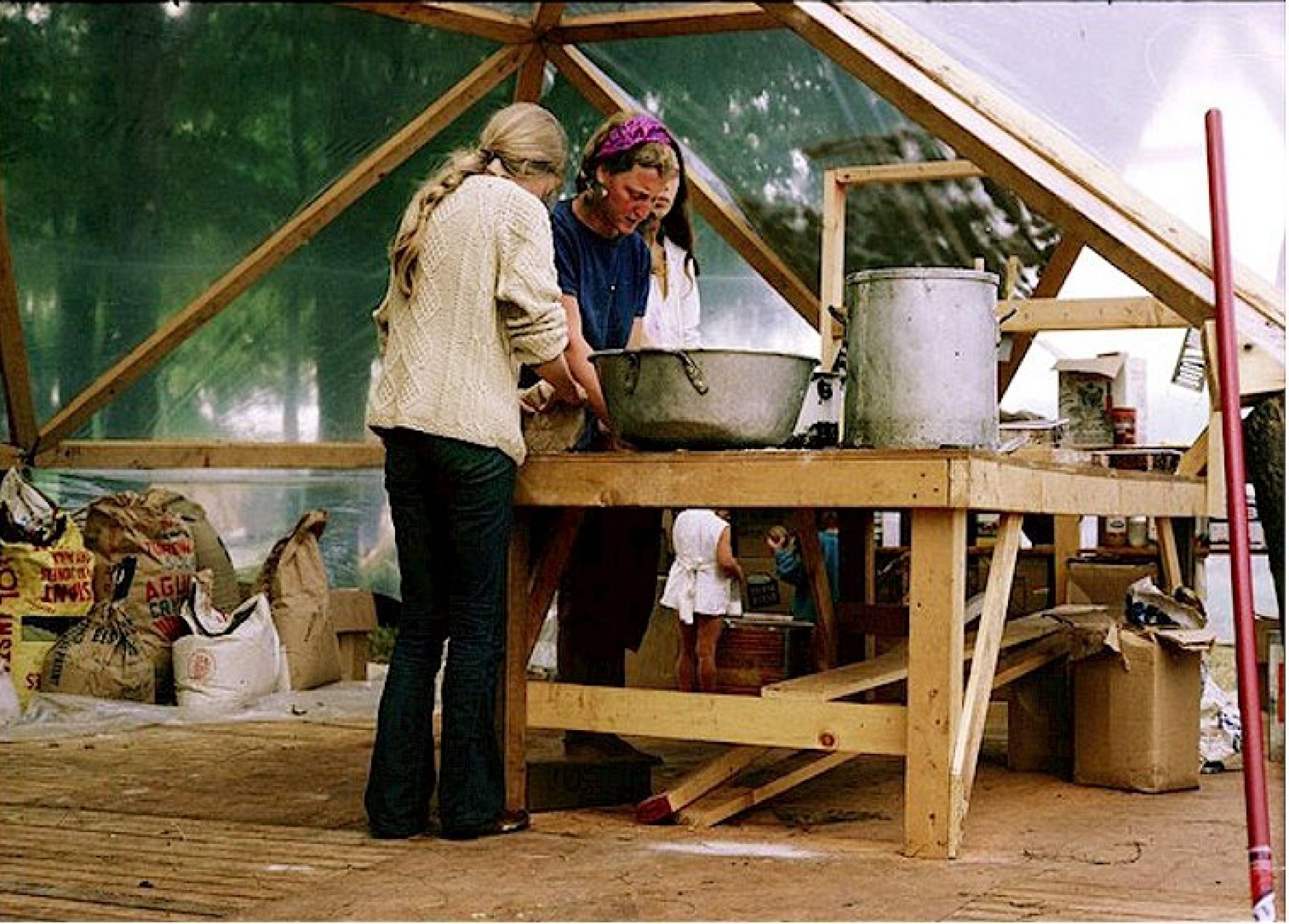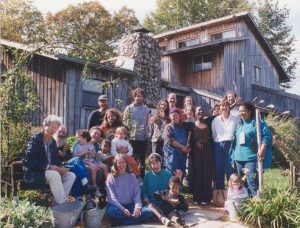This week, Savannah and I will be editing the project website by adding information for each of our pages; “Home Page”, “About the Authors”, “History”, “Interviews”, “Life and Responsibilities”, “Photographs”,”Principles of the Community”, and “Programs Offered”. We currently don’t have enough information to supply some of the pages like “Life and Resposibilites”, “Photographs”, and “Principles of the Community”, but we will add more as we get interviews from its members and founders.
We have to figure out how to re-order the list of pages on out project website, so that they aren’t alphabetical and so that the home page pops up when arriving at the site.
I spent last week into the weekend applying for an IRB review of my future visit to MorningSun, and it should be getting approved today. I will visit MorningSun by the end of the week, most likely on Sunday. I’m very eager and excited to go to MorningSun in order to fill in all the gaps in my understanding of their community. I know that there are only 9 members of MorningSun, according to the website, and I really want to know if they live there full time or not, and how much of their resources that they’re able to get from their own land and work.

